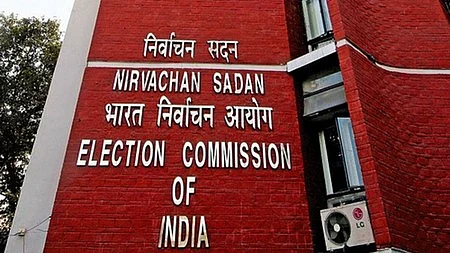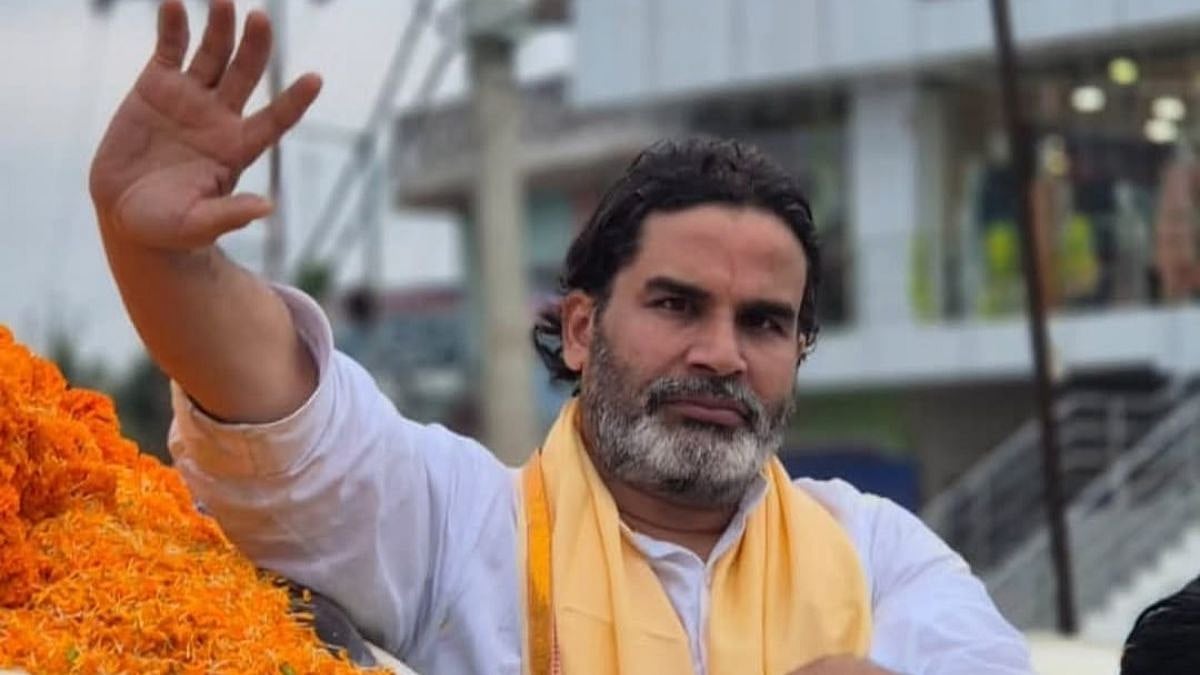National Press Day is celebrated every year in India on November 16. The day highlights the press's role in democracy. It recognises the duty to report truthfully, hold power accountable, and inform the public. Termed the "Fourth Pillar of Democracy," the press acts as a watchdog over the government. On this day, journalists, media houses, and the public reflect on press freedom and challenges.
The meaning of National Press Day lies in its message of safeguarding free and fair journalism. It reminds society of the need for a strong, independent media that can question authority, highlight issues affecting citizens, and ensure transparency.
History of Press In India
Indian press history dates back to the colonial era, with Raja Ram Mohan Roy advocating for free expression and challenging censorship. Publications like The Hindu, Amrita Bazar Patrika, and Kesari played pivotal roles against British colonialism. Indian journalism has evolved, influenced by British rule, the freedom movement, and post-independence challenges. Over the years, the day has gained national importance as media landscapes evolve and challenges like misinformation, censorship, and digital pressure continue to grow.
Why do we observe National Press Day?
National Press Day serves as a reminder to emphasise the press's duty to the public and its crucial role in a democracy. November 16, 1966, marks the founding of the Press Council of India (PCI). The PCI is an organisation focused on maintaining ethical standards in journalism and safeguarding freedom of speech.
About Press in India
The Press Council of India acts as a watchdog for media freedom and ethics.
India is one of the few countries with such an independent body dedicated to press standards.
The day honours journalists who risk their lives for truth and transparency.
It also recognises the challenges faced by the media in the era of social platforms and fake news.







